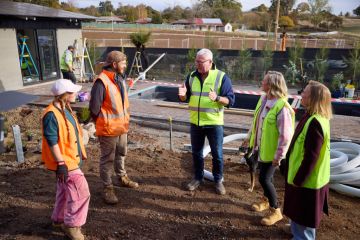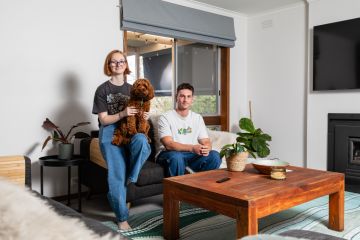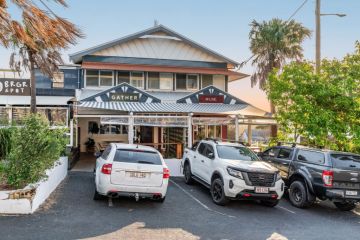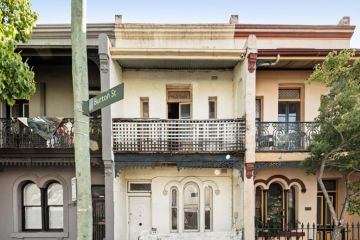Mission Australia calls for 'housing first' programs for family violence survivors
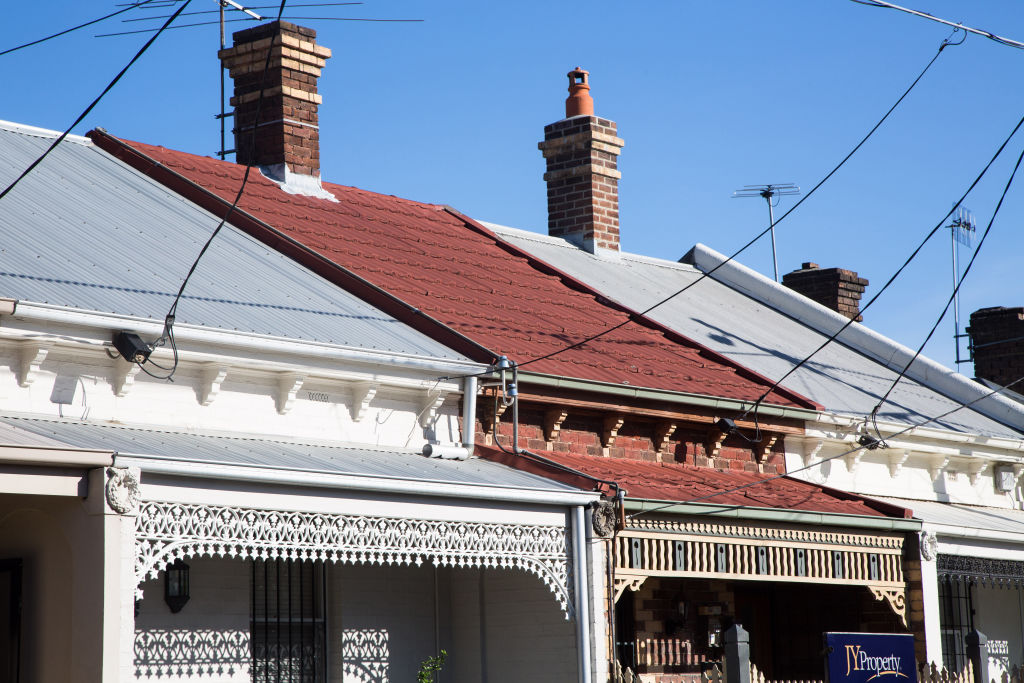
A “housing-first” model would better support the wave of family violence survivors who are experiencing homelessness, along with a boost to social housing and extra accommodation options to remove perpetrators, a new report says.
Some 121,000 people experiencing family violence sought help from specialist homelessness services in 2017-18, more than enough to fill the MCG, according to a paper from Mission Australia.
Despite an increased public focus on the issue in recent years, the amount of clients seeking housing help while experiencing family violence has risen on average 9 per cent each year since 2013-14, the body said.
“It is a stark number, when you come to it for the first time,” Mission Australia chief executive James Toomey told Domain.
“If you’ve left a violent relationship and you’re seeking a stable life in the community, that’s incredibly difficult.
“Only 4 per cent of women who present with family violence actually received permanent housing.”
A range of responses from reducing the incidence of violence to supporting long-term accommodation are proposed in the report, Out of the shadows.
It calls for a housing-first approach, focusing on the fast allocation of long-term housing instead of preparing individuals to be “housing ready”.
This could include supporting a survivor to secure a private rental property through offering a landlord guaranteed rent repayment or an increased bond, then providing rent subsidies to keep the home affordable.
Another approach is to help a survivor stay in the family home while the perpetrator is removed, which may require funding security upgrades and securing protection orders.
Extra accommodation to relocate perpetrators could help some women stay in the family home, the report said.
The group repeated calls for more social and affordable homes to be built, with an extra 500,000 of these properties needed by 2026 according to the Everybody’s Home campaign backed by several charities.
Higher rent assistance payments and more crisis housing are also proposed.
Mr Toomey noted that survivors in crisis accommodation options might be sheltered in a motel room or an Airbnb property, rather than specialist housing designed for families with support workers nearby.
“They’re safe, they’re off the streets – they are not getting the support they need,” he said.
Separate research this week found survivors of domestic violence are at risk of returning to violent partners due to a shortage of long-term affordable housing, with the Australian Housing and Urban Research Institute calling for more funding for housing options and income support.
- For help or information, phone 1800 RESPECT (1800 737 732) or visit 1800respect.org.au
We recommend
States
Capital Cities
Capital Cities - Rentals
Popular Areas
Allhomes
More
